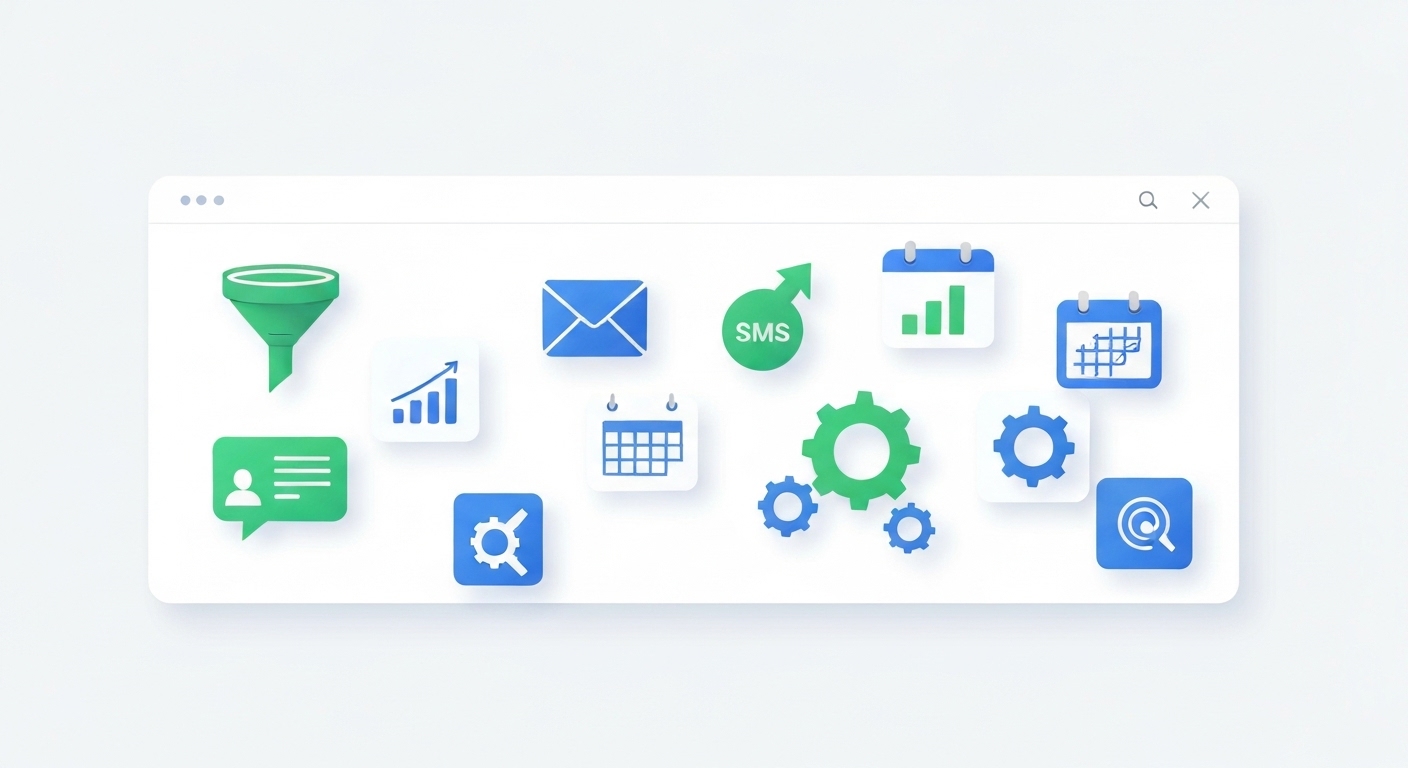The quality of the leads is more significant than the volume of them when it comes to expanding a firm. A group of prospects who are actually engaged and organized may be far more useful than a huge list of people you don’t know. This is why CRM solutions are helpful. A CRM is more than just a list of names and numbers. It helps you maintain track of your information, build connections, and check in on how your customers are doing. By gathering and analyzing important information in one place, businesses can locate the leads that are most likely to turn into customers. This concentrated approach not only saves time, but it also makes things better for all of our customers. The first thing you need to do to turn a short-term interest into a long-term, lucrative connection is to learn how CRM systems work in situations like these.
Organizing Lead Data For Clarity
It might be hard to keep track of leads, but a CRM can assist. You don’t have to keep track of emails, files, and a lot of notes since all the information on leads is in one easy-to-find spot. This makes it easy to understand what each potential buyer has said, where they are in the purchase process, and what needs to happen next.
When sales teams can see where their leads are right now and in real time, they can focus on the ones who are most interested. The CRM shows you which leads are ready to go ahead, so you don’t lose out on amazing chances. Making plans like this not only speeds things up, but it also stops people from spending time on ideas that probably won’t work.
Tracking Engagement For Better Insights
To tell how excellent a celebrity is, you need to know how they behave. It’s simple to keep track of these discussions using CRM software. It keeps track of every email read, website visited, social network click, and phone call made immediately instantly. It will show you how engaged and dedicated the individual has been over time.
They assist firms find out which leads are interested in their brand and which ones aren’t ready to purchase yet. You may then concentrate on leads that are more likely to make a purchase. Sales strategies become more precise and outreach gets a lot better when it’s easy to collect contact information.
Personalizing Communication For Stronger Connections
A CRM lets organizations speak to leads in a manner that works for them and their requirements. If you recall things like what you’ve purchased, what you’ve discussed in chat, and what you’ve liked, you may send messages that look more personal instead of less personal.
This approach of making leads feel significant and recognized creates trust. People are more likely to buy from a business that shows they care about what they want. Over time, this kind of one-on-one contact may help you build stronger connections, sell more, and increase your reputation in the market.
Improving Follow-Up Consistency
You can lose even the best leads if you don’t follow up with them on time and regularly. A CRM sends follow-up emails and makes notes automatically so that no lead is missed. This makes it simple to decide what to do. If this is true, clients will know that the company cares about them and wants to help them make the best choice.
Following up with leads on a regular basis not only keeps them engaged, but it also makes it more likely that deals will go through. Businesses may keep the discussion going by bringing up new topics at the right times. In this way, they don’t make the lead feel too much. This careful balance is a big part of converting prospective customers into loyal ones over time.

Conclusion
CRM can help you get better leads, and not only because of the technology. It’s also about getting to customers in a more concentrated and effective way. By organizing their data, keeping track of actions, tailoring their messages, and checking in with leads every so often, businesses can make sure they’re focusing on the leads that will provide them the most long-term value. A solid CRM makes the sales process less of a guessing game and more of a planned approach. This makes it easy to locate potential prospects and stay in contact with them. The nicest thing about a CRM is that it can transform data into useful information and useful information into actions that make sense. This aids companies in improving lead quality with CRM.




